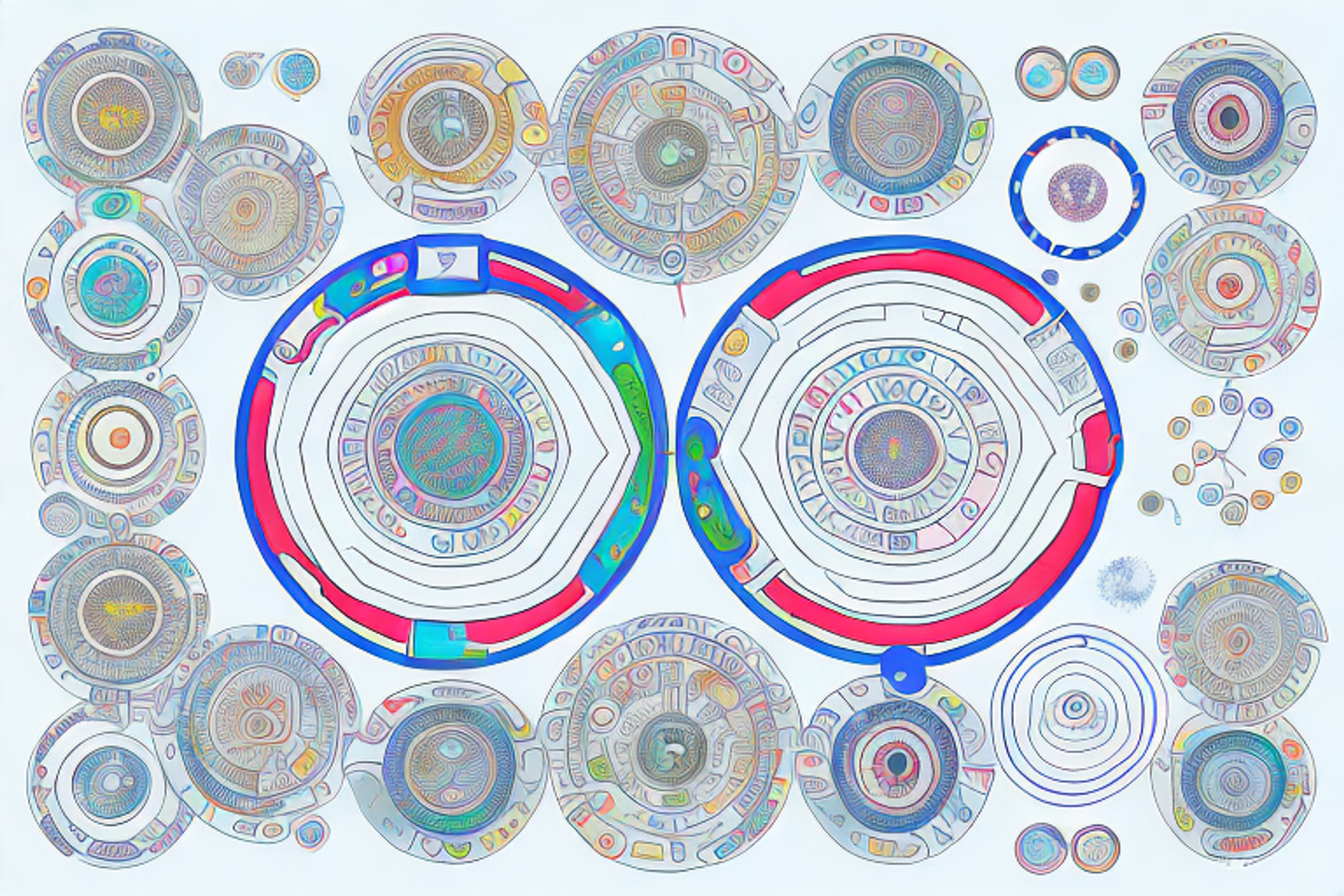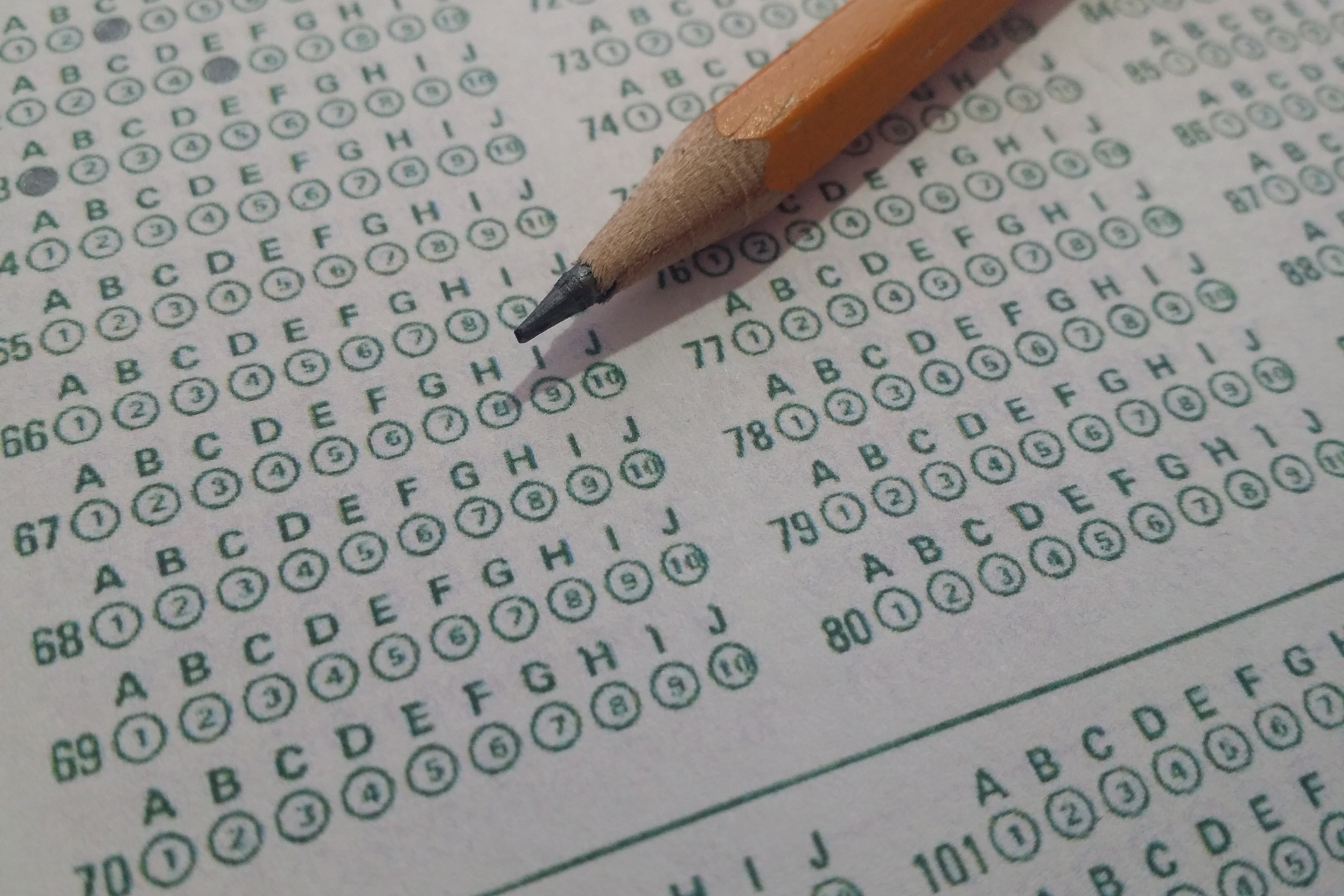
Table of Contents
Aspiring healthcare professionals who wish to pursue careers in medicine or pharmacy must take either the MCAT or PCAT, respectively, to gain admission to graduate programs. These exams are standardized tests that assess a candidate's knowledge and skills, and their scores play a vital role in the admissions process. In this article, we will explore the differences and similarities between the MCAT and PCAT, providing an in-depth understanding of these important tests.
Introduction: The Importance of Choosing the Right Test for Healthcare Professionals
Choosing the right test is critical for healthcare professionals who are seeking admission to graduate programs. Knowing which test to take, the differences between the two exams, and how to prepare for the test can make all the difference. In this section, we will provide an overview of the importance of choosing the right test for healthcare professionals.
One of the main reasons why choosing the right test is so important is because it can impact your chances of being accepted into a graduate program. Many programs require specific tests, and if you take the wrong one, your application may be rejected. Additionally, some tests may be more relevant to your field of study than others, so it's important to choose one that will showcase your knowledge and skills in the best possible way.
What are the MCAT and PCAT?
The Medical College Admission Test (MCAT) is a standardized test used to assess the knowledge and skills of candidates seeking admission to medical schools in the United States and Canada. The Pharmacy College Admission Test (PCAT) is a standardized test used to assess the knowledge and skills of candidates seeking admission to pharmacy schools in the United States and Canada. Both tests are administered by the American Association of Medical Colleges (AAMC).
The MCAT and PCAT are both computer-based tests that are typically taken by students who have completed their undergraduate studies and are planning to pursue a career in medicine or pharmacy. The MCAT consists of four sections: Biological and Biochemical Foundations of Living Systems, Chemical and Physical Foundations of Biological Systems, Psychological, Social, and Biological Foundations of Behavior, and Critical Analysis and Reasoning Skills. The PCAT, on the other hand, consists of six sections: Writing, Biological Processes, Chemical Processes, Critical Reading, Quantitative Reasoning, and Verbal Ability.
Both the MCAT and PCAT are highly competitive exams, and students are advised to prepare thoroughly before taking them. There are a variety of study materials available, including practice tests, study guides, and online courses. Many students also choose to enroll in test preparation programs, which can provide additional support and guidance throughout the preparation process.
How are MCAT and PCAT Scores Used in Admissions Decisions?
The scores of both the MCAT and the PCAT are an essential part of the admissions process. These scores provide an objective measure of a candidate's aptitude and potential for success in graduate programs. Admissions committees use these scores to determine a candidate's suitability for admission, along with other factors like academic performance and personal qualities.
MCAT scores are primarily used for admission to medical schools, while PCAT scores are used for admission to pharmacy schools. However, some graduate programs in related fields may also require these scores as part of their admissions process.
It's important to note that while MCAT and PCAT scores are important, they are not the only factor considered in admissions decisions. Admissions committees also take into account a candidate's personal statement, letters of recommendation, extracurricular activities, and work experience when making their decisions.
The Format and Content of the MCAT
The MCAT consists of four sections: Chemical and Physical Foundations of Biological Systems, Critical Analysis and Reasoning Skills, Biological and Biochemical Foundations of Living Systems, and Psychological, Social, and Biological Foundations of Behavior. Each section contains multiple-choice questions, and the test takes about 7.5 hours to complete. This test assesses a candidate's knowledge of concepts and theories in the biological and physical sciences, critical thinking, and problem-solving abilities.
The Chemical and Physical Foundations of Biological Systems section of the MCAT assesses a candidate's understanding of basic chemical and physical principles that are relevant to living systems. This section includes topics such as biochemistry, physics, and general chemistry. The Critical Analysis and Reasoning Skills section evaluates a candidate's ability to analyze and evaluate information presented in passages. This section does not require any specific content knowledge, but rather focuses on a candidate's critical thinking and reasoning abilities.
The Biological and Biochemical Foundations of Living Systems section of the MCAT assesses a candidate's understanding of the basic biological and biochemical principles that are relevant to living systems. This section includes topics such as genetics, molecular biology, and microbiology. The Psychological, Social, and Biological Foundations of Behavior section evaluates a candidate's understanding of the ways in which psychological, social, and biological factors interact to influence behavior and health. This section includes topics such as sociology, psychology, and biology.
The Format and Content of the PCAT
The PCAT consists of five sections: Writing, Biological Processes, Chemical Processes, Critical Reading, and Quantitative Reasoning. Each section contains multiple-choice questions, and the test takes about 4.5 hours to complete. This test assesses a candidate's knowledge of concepts and theories in the areas of biology, chemistry, math, and critical thinking skills.
It is important to note that the PCAT is a computer-based test, meaning that candidates will be taking the exam on a computer rather than with pencil and paper. Additionally, the Writing section of the PCAT requires candidates to write an essay response to a prompt, which is then graded by human readers. This section is designed to assess a candidate's ability to communicate effectively in writing, as well as their critical thinking and analytical skills.
Comparing MCAT and PCAT Content: Which Test is More Difficult?
The content of the MCAT and PCAT is similar in many ways, with both tests assessing a candidate's knowledge of the biological and physical sciences, critical thinking skills, and problem-solving abilities. However, the MCAT covers a broader range of topics and is generally considered more challenging than the PCAT. The PCAT, on the other hand, focuses more on math and chemistry concepts.
Despite the differences in content, both the MCAT and PCAT require a significant amount of preparation and study time. Many students opt to take preparatory courses or hire tutors to help them prepare for these exams. Additionally, both tests are computer-based and require a strong understanding of how to navigate and use the testing software.
It's important to note that while the MCAT and PCAT are important factors in the admissions process for medical and pharmacy schools, they are not the only factors considered. Admissions committees also take into account a candidate's GPA, extracurricular activities, and personal statement when making their decisions.
How to Prepare for the MCAT: Tips, Strategies, and Resources
Preparing for the MCAT requires time, effort, and dedication. Candidates should start preparing early, using a combination of study materials and resources, such as practice tests, review books, and online courses. Candidates may also benefit from creating a study schedule, taking breaks, and seeking help from peers or tutors to deepen their understanding of the material.
How to Prepare for the PCAT: Tips, Strategies, and Resources
Preparing for the PCAT requires a similar approach to the MCAT, with candidates using study materials and resources such as practice tests, review books, and online courses. Candidates can also benefit from creating a study schedule, taking breaks, and seeking help from tutors or peers to deepen their understanding of the material.
Differences in Test-Taking Strategies for MCAT vs. PCAT
Test-taking strategies for the MCAT and PCAT are different, with candidates needing to tailor their approach to the specific test requirements. The MCAT requires a thorough understanding of biological and physical sciences, critical thinking, and problem-solving skills. In contrast, the PCAT requires a deep understanding of math and chemistry concepts and a high level of critical reading skills.
Cost Comparison: How Much Does it Cost to Take the MCAT vs. PCAT?
The costs of both the MCAT and PCAT are similar, with candidates typically paying around $300 to take either exam. However, the costs may vary depending on the location and the specific fees associated with test administration. Financial assistance is available for candidates who may not be able to afford the costs of the exam.
Test Dates and Registration Deadlines for MCAT vs. PCAT
The MCAT and PCAT are administered several times a year, with test dates and registration deadlines varying depending on the location and jurisdiction. Candidates should make sure to register in advance and secure a spot on their preferred test date in advance.
Pros and Cons of Taking the MCAT vs. PCAT for Healthcare Professionals
There are pros and cons to both the MCAT and PCAT, and healthcare professionals should carefully consider their career aspirations and goals before choosing which test to take. The MCAT is geared towards aspiring medical students and covers a broad range of concepts and theories, while the PCAT is geared towards aspiring pharmacy students and focuses primarily on math and chemistry concepts. Ultimately, the choice of which test to take will depend on individual priorities and goals.
In conclusion, healthcare professionals must carefully consider their test options when seeking admission to medical or pharmacy schools. Understanding the differences and similarities between the MCAT and PCAT, including content, format, and test-taking strategies, can help candidates prepare adequately for their chosen test and ultimately optimize their chances of success in the admission process.
Browse hundreds of expert coaches
Leland coaches have helped thousands of people achieve their goals. A dedicated mentor can make all the difference.











